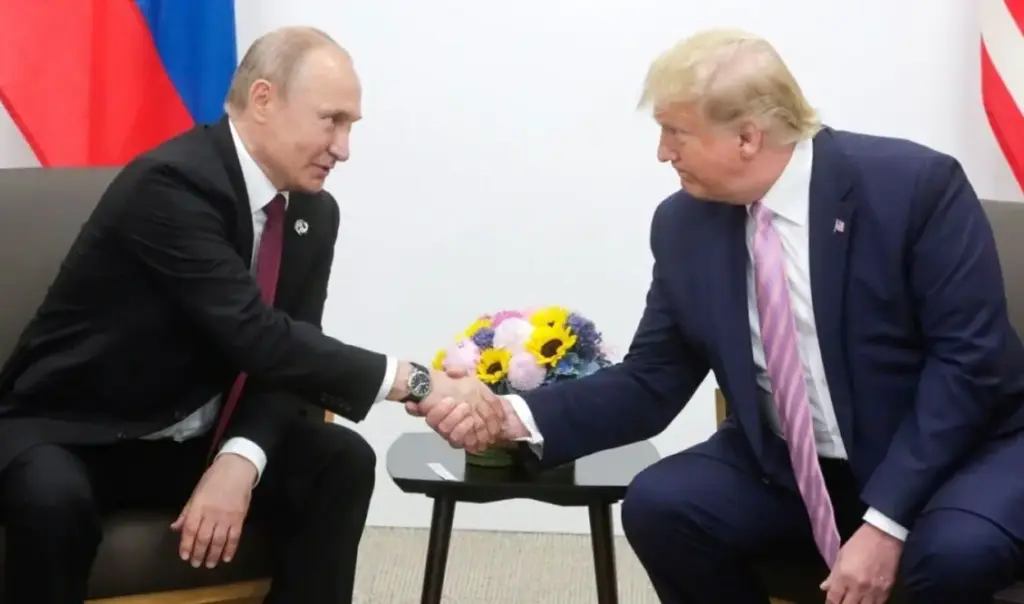Last Friday, Donald Trump surprised the international community by ordering two American nuclear submarines to take “appropriate positions” against Russia. This move came as a response to recent threatening statements by Dmitry Medvedev, sparking intense debate about whether the former US president is responding with sobriety or attempting a show of force.
Read: BBC: Why Russia remains silent on Trump’s nuclear submarine deployment order
In a series of social media posts, Medvedev – now known for his harsh rhetoric against the West – attacked Trump’s peace deadline set for Moscow to end the war in Ukraine. He characterized the initiative as “a step toward war,” not between Ukraine and Russia, but between Moscow and the US. Additionally, he warned about the legendary “Dead Hand” – the Soviet automatic nuclear retaliation system.
Trump administration Secretary of State Marco Rubio downplayed Medvedev’s statements, noting that the Russian politician has no substantial role in policy-making in Moscow. Analysts echo this point, emphasizing that Medvedev is widely considered politically inactive, without real influence or authority to give nuclear orders.
Trump: The surprise submarine deployment order
Nevertheless, Trump responded dramatically, positioning two nuclear submarines in “operational positions,” arguing that Medvedev’s statements might conceal something more than propaganda.
According to CNN, Trump’s move may have a communication objective: an opportunity to appear decisive against Russia without directly targeting Vladimir Putin or officially changing US nuclear deterrence strategy. The choice of Medvedev – a marginalized politician derisively called “little Dima” in Russia – as a target may represent a controlled way of projecting power.
It should be noted that American nuclear submarines, armed with hundreds of nuclear warheads and with ranges of thousands of miles, are already on continuous patrol. Therefore, their “deployment” is more symbolic than strategically decisive.
What is envoy Witkoff’s role in contacts with Russia
Meanwhile, Steve Witkoff, Trump’s special envoy for the Middle East and temporary mediator with Russia, is expected to have new contacts with Russian leadership. The deadline Trump has set for a ceasefire agreement is approaching, with the threat of new tariffs hovering over the Kremlin.
However, few analysts consider it realistic that Moscow would back down under pressure. CNN notes that the recent revival of nuclear rhetoric does not appear to change Russia’s hard stance.
Nuclear readiness or political distraction?
Some observers believe Trump is attempting a strategic distraction. With domestic pressures mounting – including new revelations about the Epstein case – a display of “nuclear readiness” could divert public opinion and strengthen his leadership profile.
Despite the intense rhetoric, there are no indications that the US and Russia are approaching actual nuclear confrontation. However, the casual use of such terms – by both sides – intensifies global concern and once again brings to the forefront the fragile nature of international relations.




